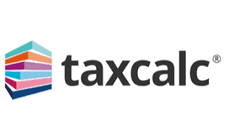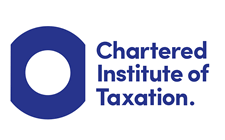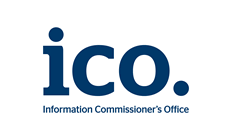Flat rate scheme: join now or never?
HMRC recently published a report about the advantages and disadvantages of the flat rate scheme for a small business. Could the report lead to the abolition of the scheme or a ban on new users?

History
When the flat rate scheme (FRS) was introduced in 2002, many small businesses used simple spreadsheets and manual records to complete their accounts, so it offered a genuine simplification. Many users also paid less tax because the rates for some trade sectors were very favourable. The scheme can be used by a business with annual sales of less than £150,000 excluding VAT.
What has changed?
Making Tax Digital (MTD) made it compulsory for all businesses to submit returns online to HMRC using digital software. Although spreadsheets can still be used, there must be a digital link between the spreadsheet totals and the submission of the return. MTD has reduced the simplification benefits of the FRS.
HMRC introduced a category for “limited cost traders” in 2017, which cancelled many of the financial savings previously made by some businesses with its draconian rate of 16.5%.
The report was submitted to HMRC by external consultants and it confirmed that businesses had been mainly incentivised by potential tax savings and these savings are now minimal. MTD has also removed most of the time savings: “The benefit of simplifying VAT is not enough incentive to use the FRS if using it creates a financial disadvantage.”
Action
If you have never joined the FRS, it might be worth doing a check of the benefits and consider joining if you are eligible and it is worthwhile for your business. HMRC could announce a change in the legislation to preclude new applicants after a certain date; it could be a case of now or never!
HMRC could also abolish the scheme completely so existing users would have to revert to normal accounting, i.e. paying VAT based on the usual output tax less input tax calculation. You should prepare for this possibility if you currently use the scheme.
Related Topics
-
Accelerate tax relief for the cost of equipment
You’re upgrading your company’s IT equipment as it’s now several years old. Naturally your company will get tax relief for the purchases but what’s the tax position if you sell or scrap the old equipment, and how might you improve it?
-
Opt out of winter fuel payments by 15 September
HMRC has issued new guidance on the winter fuel payments. What do you need to know?
-
Capital gains tax break for job-related accommodation
You’re in the process of selling a property that you bought as your home but because of your job have never lived in. You’ve been told that you’ll have to pay tax on any gain you make, but might a special relief get you off the hook?









 This website uses both its own and third-party cookies to analyze our services and navigation on our website in order to improve its contents (analytical purposes: measure visits and sources of web traffic). The legal basis is the consent of the user, except in the case of basic cookies, which are essential to navigate this website.
This website uses both its own and third-party cookies to analyze our services and navigation on our website in order to improve its contents (analytical purposes: measure visits and sources of web traffic). The legal basis is the consent of the user, except in the case of basic cookies, which are essential to navigate this website.